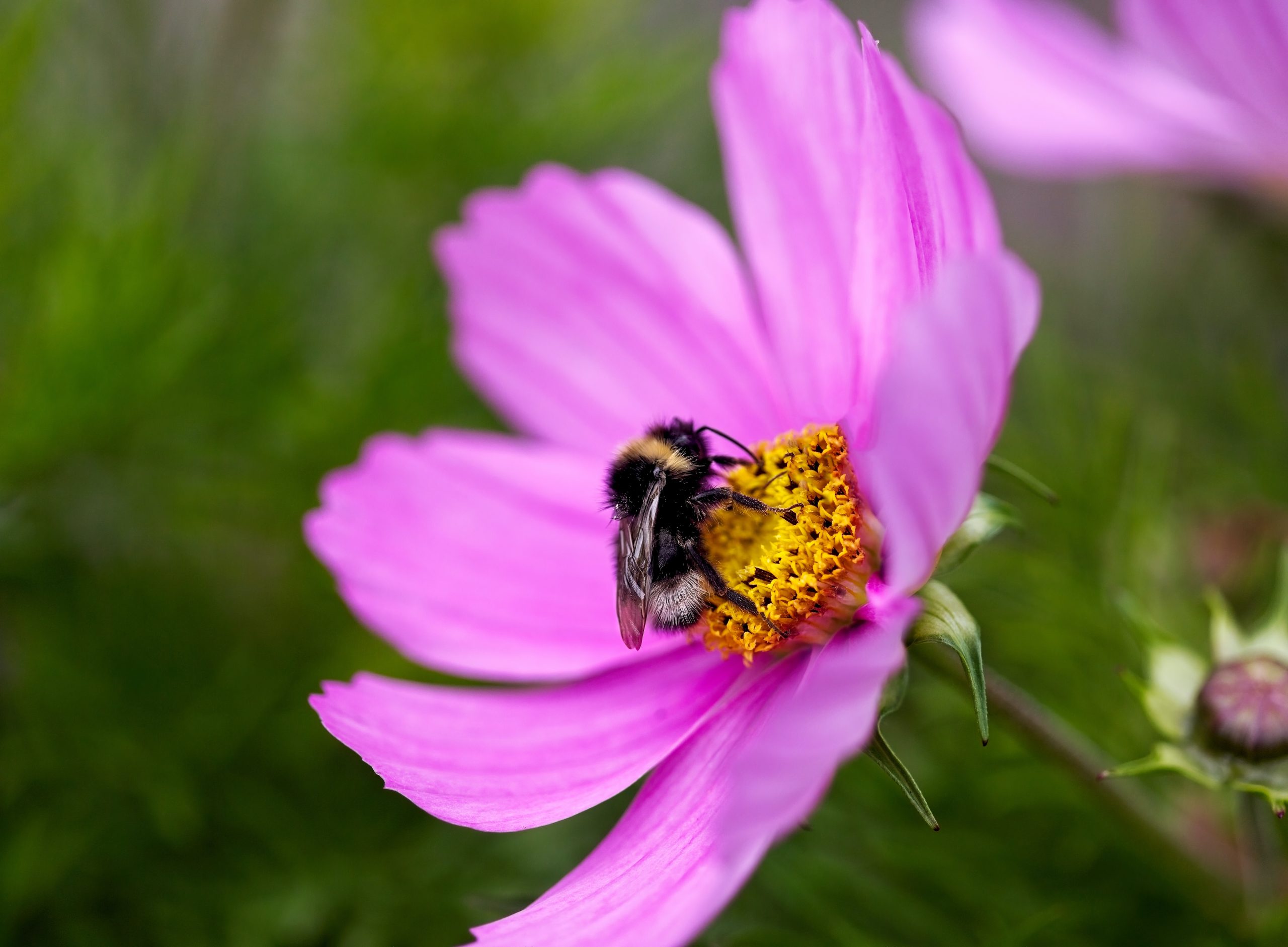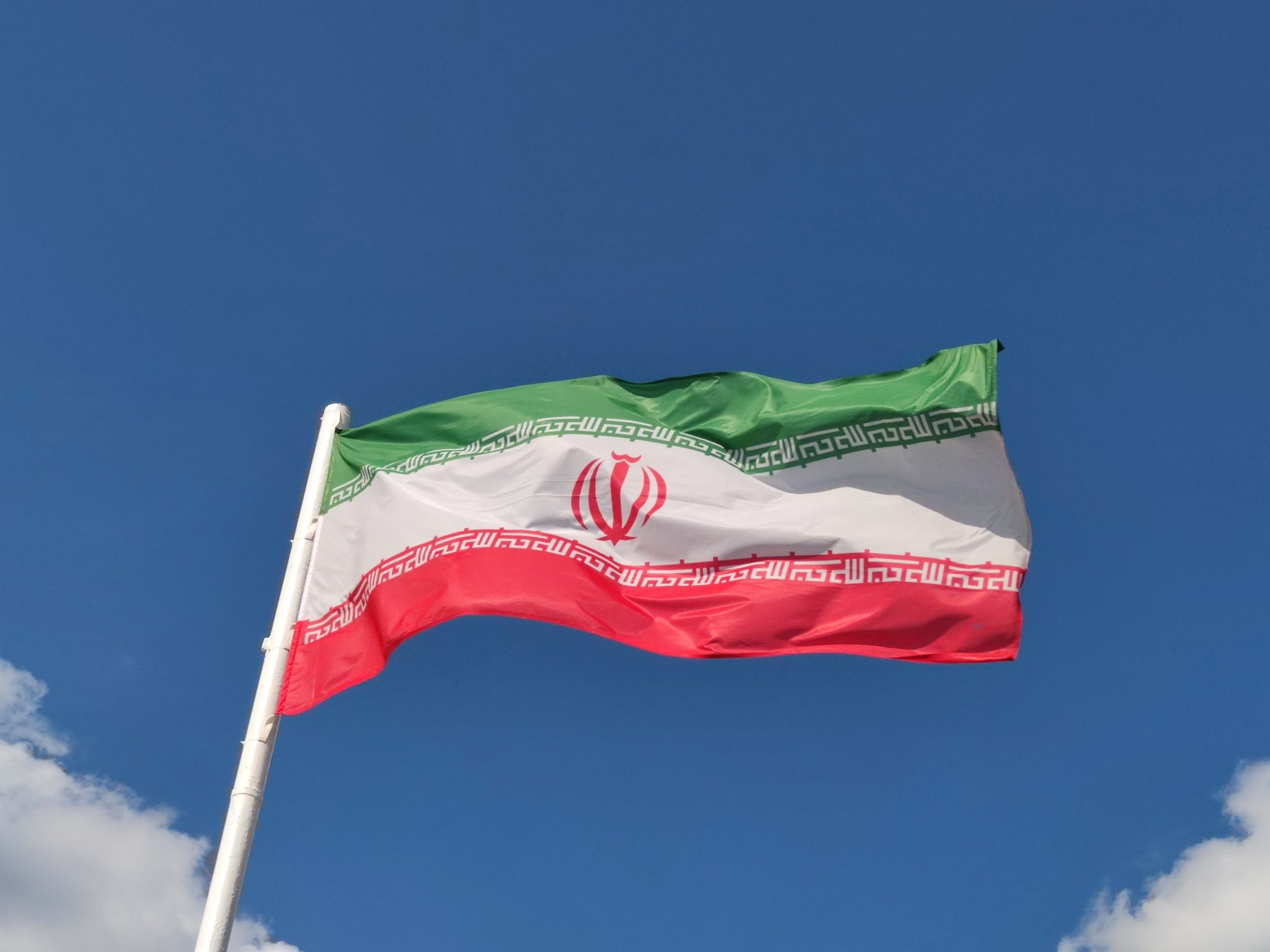Bumblebees are not just talented in making honey, but solving a highly-complicated puzzle to get their favourite food.
A study by scientists at the Queen Mary University of London has found that bumblebees can learn to solve puzzles by observing experienced peers.
The researchers trained some bees to open a puzzle box to get a sugar reward before other bees learned the skill from them.
The findings suggest that social learning may be a more significant factor in shaping bumblebee behaviour than previously thought. The researchers also noted that bees with a demonstrator opened more puzzle boxes than control bees.
This proves that bumblebees, like primates and birds, can develop behavioural trends. The bees learned to use one method 98% of the time and eventually developed a preference for one solution.
“These creatures are really quite incredible. They’re really, really good at learning despite having these tiny, tiny brains,” says Alice Bridges, a behavioural ecologist at Anglia Ruskin University in England to NPR.
According to Andy Whiten, a cognitive ethologist at the University of St Andrews in Scotland who studies animal cognition, in the last few decades, increasing evidence has suggested that animals such as chimpanzees and birds exhibit cultural behaviour, which essentially means they learn from each other.
This learning can vary from learning how to navigate a migratory route to using tools to obtain specific foods.
“If what they learn lasts for a long time,” says Whiten, “then we might be prepared to call it a tradition. And culture is made up of multiple traditions.”
From one generation to the next, these actions are frequently carried over. The same is true of people. Some humans learn how to make matzo ball soup or dance the merengue from more seasoned people, and then teach those skills to their offspring.
The study also indicated that foraging behaviour might change because of experienced bees retiring from foraging and new learners taking over, rather than because of the bees’ preferences.







